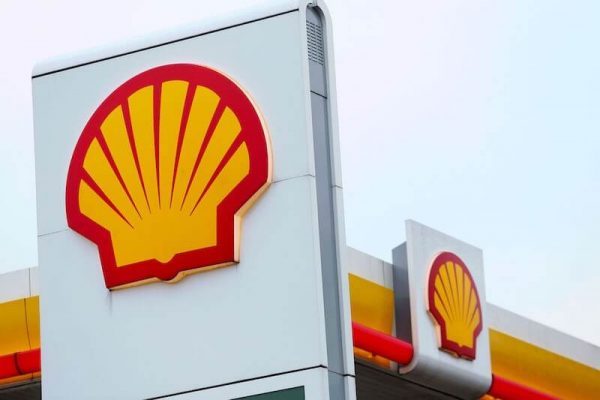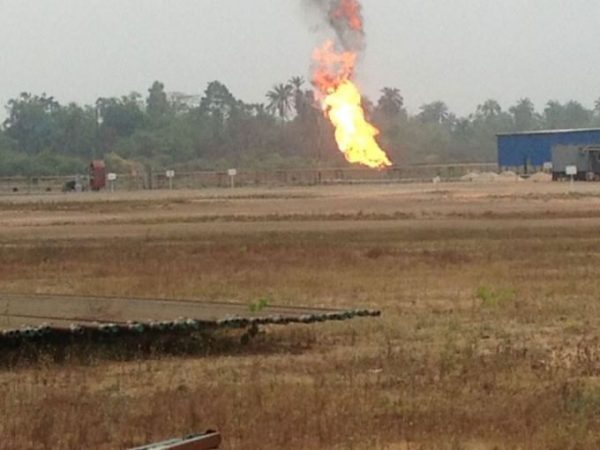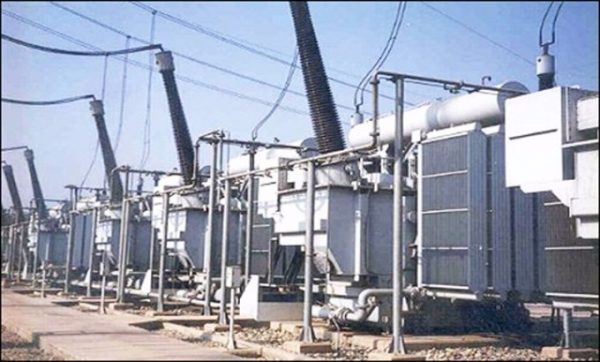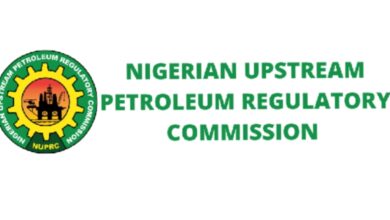NNPC: Petrol Scarcity Pushes Nigeria’s Daily Consumption to 55m Litres
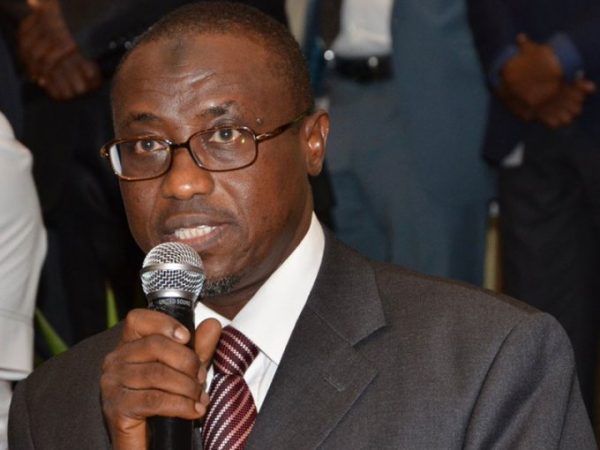
- Says cross-border petrol smugglers are disrupting its efforts to end shortages
Nigeria’s daily petrol consumption has gone up to 55 million litres from the 35 million litres that it used to be because according to the Nigerian National Petroleum Corporation (NNPC), a syndicate of cross-border smugglers are now taking advantage of the current scarcity experienced in the country.
The NNPC in a statement from its Group General Manager, Public Affairs, Mr. Ndu Ughamadu, wednesday in Abuja also explained that at the moment, its crude oil for product swap programme – the Direct Sales Direct Purchases (DSDP)- was under pressure and unable to satisfy this increased petrol consumption because it is originally programmed to meet the 35 million litres daily consumption level and not the new 55 million litres.
The statement quoted NNPC’s Group Managing Director, Dr. Maikanti Baru, to have said these at a session with the Joint National Assembly Committee on Petroleum Downstream, where he reportedly made a detailed presentation on the current scarcity.
Baru raised the alarm over what he said was a sustained nefarious activities of some cross-border fuel smuggling syndicates and hoarders which he noted have so far impeded efforts by the corporation to sanitise the fuel supply and distribution matrix across the country.
He told the committee that if the activities of the fuel truck diverters and smugglers were left unchecked, it would be absolutely difficult to guarantee round-the-clock availability of petrol throughout the country due to his claims of massive leakages wrought on the fuel supply and distribution network by the smugglers.
“The sudden and unnatural shock in fuel consumption to record levels has over-stretched the DSDP crude oil for product supply arrangement which was originally based on 35 million per day petrol consumption pattern,” Baru, said.
He stated that with the current unprecedented average daily fuel evacuation of 55 million litres since December 1, 2017, to date, it was imperative for the security agencies to close-in on the smuggling syndicates which were cashing in on the petrol price differentials between Nigeria and neighbouring countries to make illicit profit.
Baru also explained that apart from straining the ability of NNPC to sustain the prevailing 100 per cent petrol importation in the face of increasing cost, the current situation was equally impacting negatively on NNPC’s resources for servicing Joint Venture Cash-Call and other obligations.
He said to sustain adequate supply of petroleum products and national energy security, there was the need for the federal government to provide flush volumes in January and March 2018 as well as create enabling environment for other oil marketing companies to participate in the importation of petroleum products.
Baru noted the need to double supply in order to raise the fuel sufficiency template back to the 30 days threshold from the current 15 days by bringing in at least two vessels per day for 20 days, adding that NNPC would require additional funding outside the DSDP regime to achieve this.
He listed the measures put in place to tackle the prevailing challenges to include, engagement of the Nigerian Navy, Federal Road Safety Commission and Civil Defence to improve truck movement, engagement of the Nigerian army engineers to remove failed trucks on the Jebbba/Mokwa Road which had hitherto slowed down truck movement to the northern part of the country and repairs of about 10 kilometres (km) stretch of bad roads and sustained assistance to tankers among others.
In addition, he said the NNPC has deployed several tug boats to help pull out grounded diesel vessel at Escravos bar which had made it difficult for petrol laden vessels to access the strategic Oghara products reception facilities and jetty among other palliatives.
Baru, stated that besides the regular DSDP monthly programmed deliveries, NNPC had imported 12 cargoes – nine in December 2017, and three in January 2018.
The statement also said the Chairman of the Joint Committee, Senator Kabiru Marafa, however charged NNPC to resolve the situation within the next seven days.



